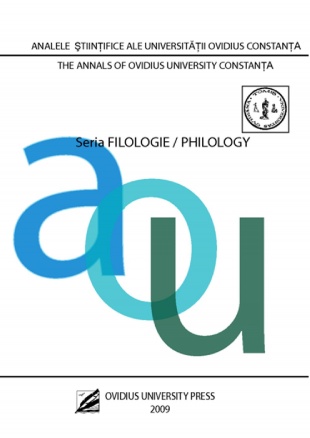Ovide en exil et les voix du silence
Ovid in exile and the sounds of silence
Author(s): Élisabeth GavoilleSubject(s): Language and Literature Studies, Studies of Literature
Published by: Ovidius University Press
Keywords: auctoriality; exile; Ovid; self-writing; silence; Tomis (Constanţa); voices;
Summary/Abstract: Ovid, the great Roman poet of seductions and myths, is also known, in Western literature, as the archetypal exiled author. Condemned in 8 AD to relegation for offending Emperor Augustus by the immorality of his treatise Ars Amatoria and because of a mysterious ‘error’, he was sent to Tomis on the Black Sea shore, where he died in 17/18 AD. Composed during those years, his two collections of elegiac epistles, Tristia and Epistulae ex Ponto, evoke in a revelatory way the place of exile as a desolate space at the limit of the world (ultima tellus), frozen in silent solitude and eternal present, an inverted image of pleasant Italy. The linguistic isolation contributes to his fear of mutism and he may be identified with the mythical character of the nymph Io, whom he represented in the Metamorphoses as trapped in a cow’s body but inventing graphic signs. Letter writing precisely allows Ovid to make his voice as those of the absent heard, both literally and figuratively, thus overcoming the loneliness and the silence of exile, and asserting his poetic auctoriality.
Journal: Analele Universităţii Ovidius din Constanţa. Seria Filologie
- Issue Year: XXX/2019
- Issue No: 2
- Page Range: 1-15
- Page Count: 15
- Language: French

